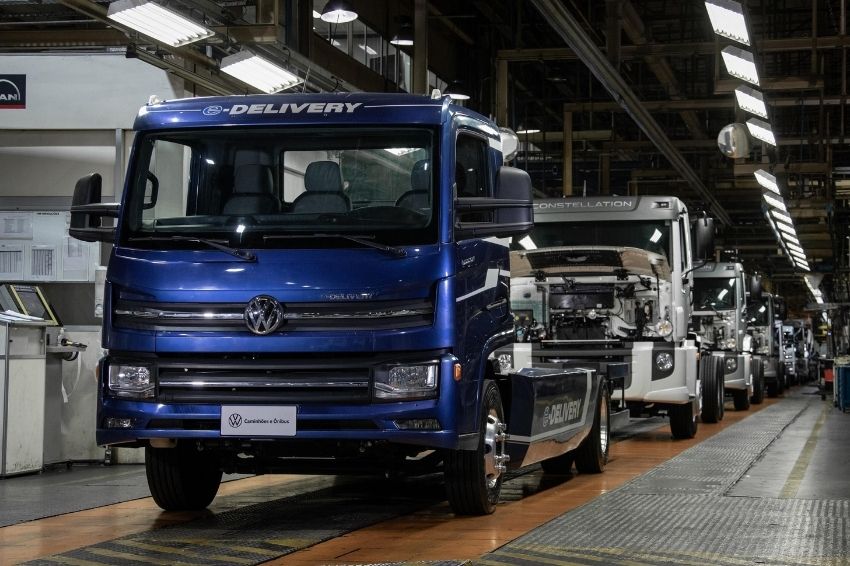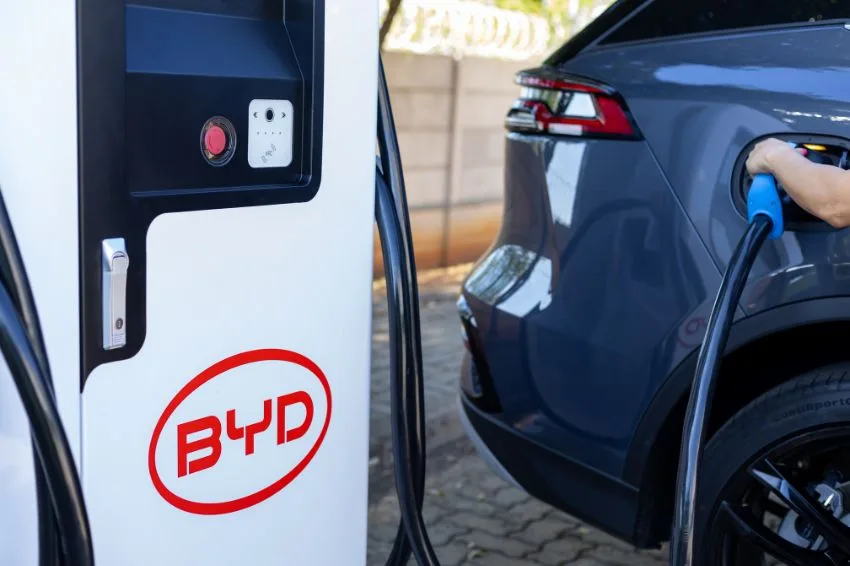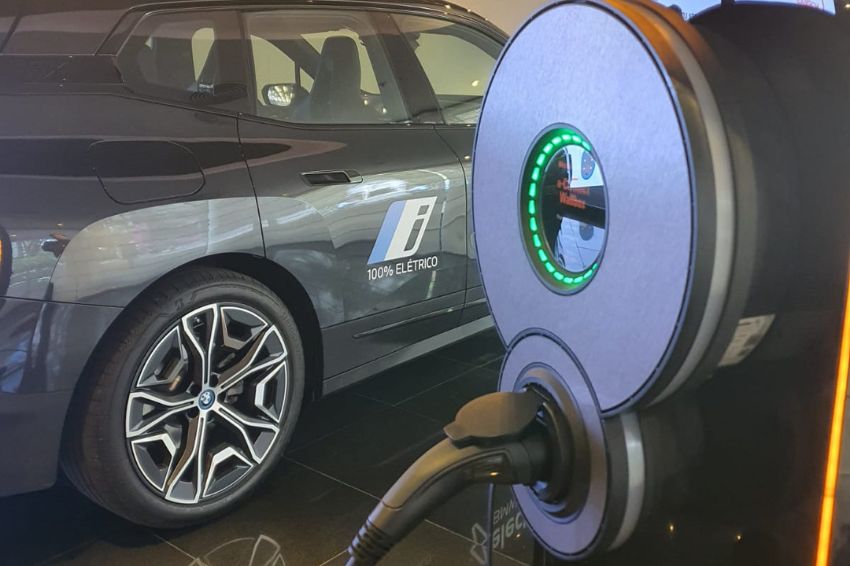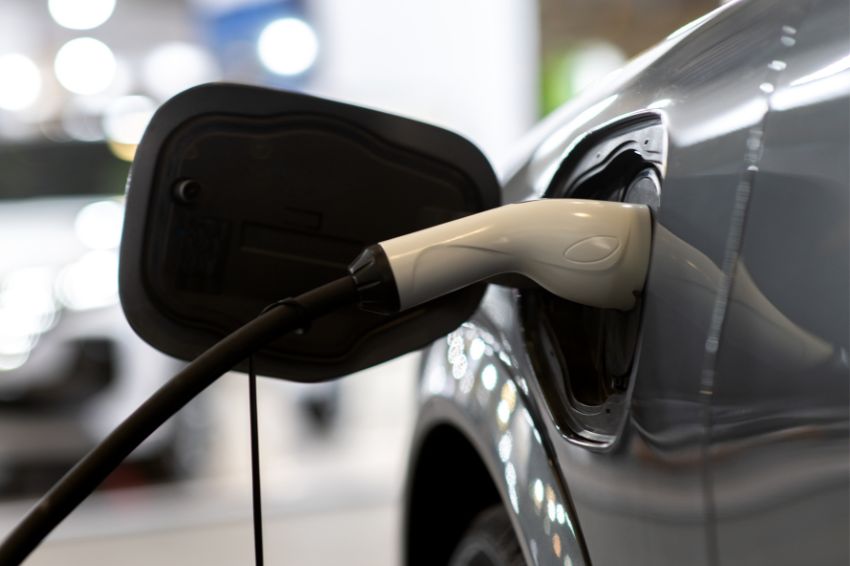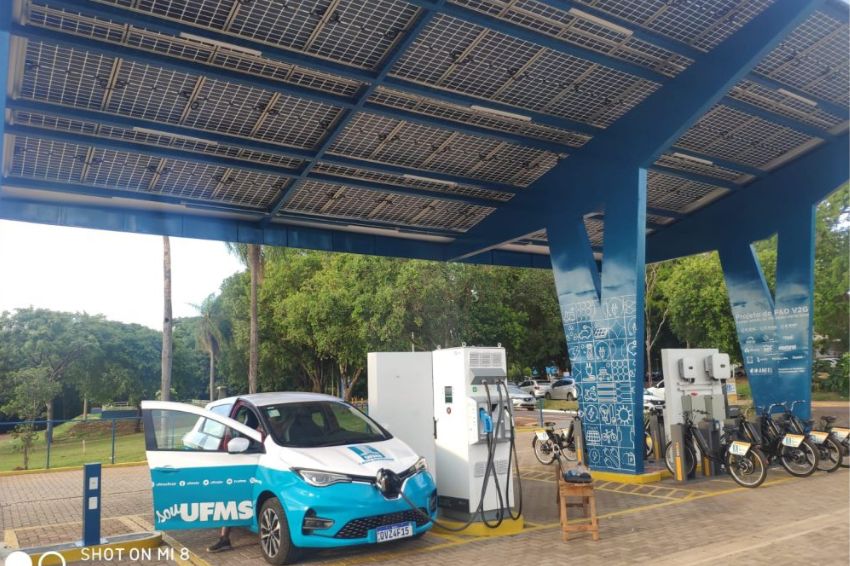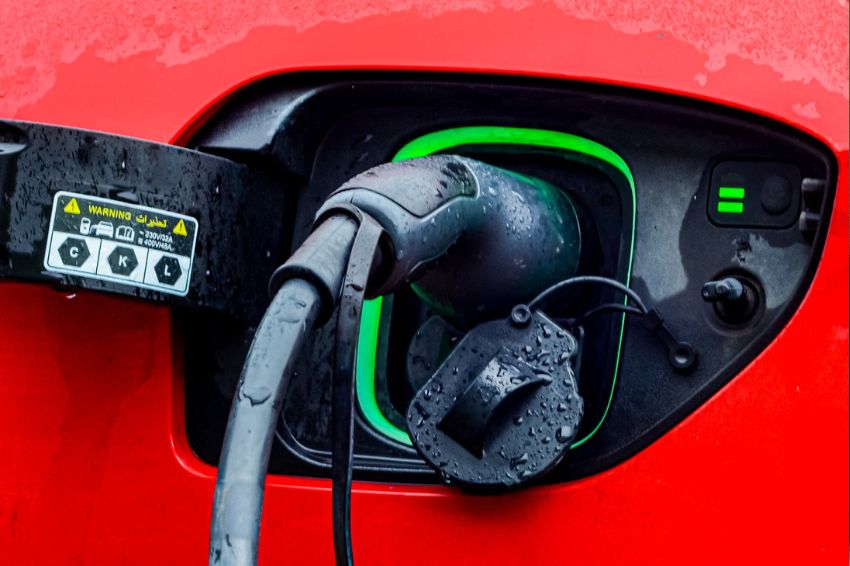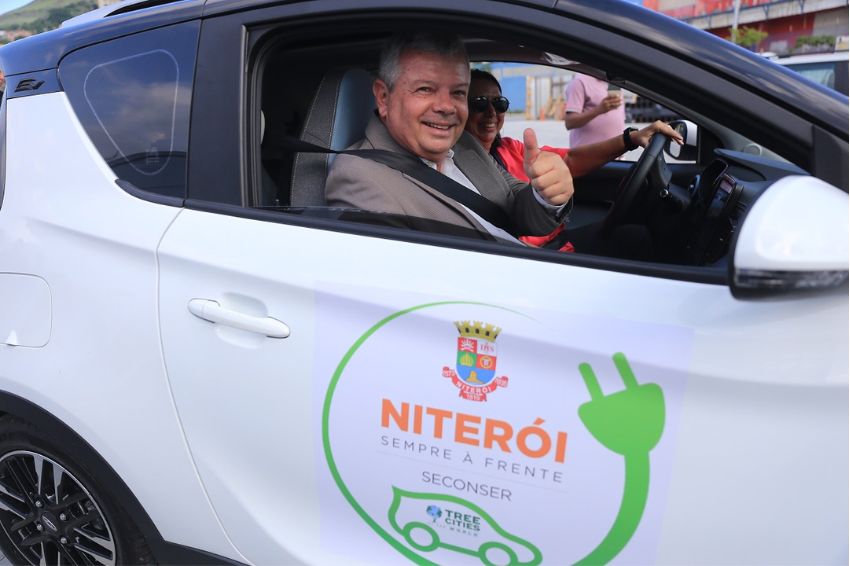Volkswagen announced this month that it has started series production of the e-Delivery electric truck. With this, the factory in Resende (RJ) becomes the first in Brazil with large-scale assembly of vehicles with zero emissions technology, according to the company.
The model (4x2), weighing 11 tons, will be part of the automaker's own fleet, which invested around R$ 150 million in the development and production complex of the automobile.
“We created a tailored process to ensure a large electrical structure efficiently. We will produce the vehicles making the most of existing resources, with a high level of synergy, while guaranteeing the innovation that the customer expects and that the product demands”, said Roberto Cortes, president and CEO of VW Caminhões e Ônibus.
“All this progress is accompanied by extensive work to prepare the chain with those involved to enable electric mobility in the country”, highlighted the executive.
Know more: BYD hits the mark of 1 million electric vehicles produced
Furthermore, the company highlighted that it built a new area dedicated exclusively to electrification: the e-Shop. The brand's global research and development center also now houses the largest high-power charger infrastructure in Brazil, with different models, said Volkswagen.

About e-Delivery
According to the company, the manufacturing of e-Delivery benefits from all the industry 4.0 gains added by VW Caminhões e Ônibus in its process since the launch of the new Delivery line, which has an automation level of 60% in the frame of the cabin.
Furthermore, he emphasized that automatic recognition technology also predominates in cars, with a built-in chip for programming robots.
Regarding the batteries, they are made of nickel-manganese-cobalt lithium ions and have a capacity of 240 kWh, which guarantees an estimated range of 200 km.


